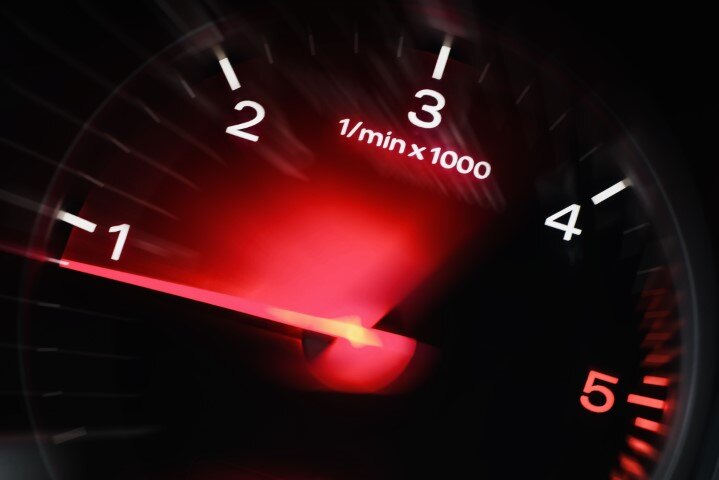Self-Driving Cars and Better Gas Mileage
Within the next ten years, analysts project a significant chunk of the new cars on the road will be "self-driving" vehicles, also called autonomous...

Who would have thought that the biggest problem with drivers in the early 21st century would be distracted driving? There are laws against it, but that doesn’t seem to stop people from doing it.
 Bans By State On Texting & Driving
Bans By State On Texting & Driving46 states (plus DC) ban the practice of “texting and driving”. All except for Arizona and Montana, plus Texas and Missouri which have partial bans on the practice for younger drivers.
Using a mobile phone while driving is also considered distracted driving. Whether it’s against the law depends on where you are and your age. 14 states plus DC ban cellphone use altogether while driving – states mostly clustered in the Northeast and on the West Coast. 37 states in total apply such a ban to novice drivers, though most notably, this does not include Texas, Pennsylvania or Florida.
Having a law against something does not guarantee people won’t do it. And drivers today are more fearful of their distracted counterparts than ANY other road-related concern. More than drunk drivers, road rage, and bad weather. They fear the other guy or girl texting on their phone in the other lane.
People are quick to blame this problem on the “young folks” – 81% of drivers surveyed blamed millennials (ages 19 to 34) for doing the practice the most. But the reality is that a lot more people across a broad age range do it. Almost half of consumers admit to texting while driving a moving vehicle. Over 60% admit to texting in a running vehicle while at a standstill. Those numbers don’t add up to the conclusion that it’s only millennials or teenagers doing it.
Why do people do it? Two main reasons – they feel like it’s so important, it can’t wait. And many are overly confident that texting while driving has no adverse impact on their safe driving ability.
Whether a text can wait or not isn’t something that can be readily answered. Though the police will tell you that it can wait, whatever it is.
The more important issue is the second one – the fact that so many texting offenders think they can do it while driving just as safely as before.
Consider that texting while driving takes your eyes off the road and increases the amount of time it takes for you to apply the brakes. Insurance data on driving habits (such as the valuable information compiled by Progressive’s Snapshot box) already show that people follow other drivers too closely. The old command that you leave four seconds of braking space between you and the car in front of you – nobody’s doing that any more.
How long do you really need to stop? Depending on your speed, it can take up to 12 seconds and over 1200 feet to stop a car. If you are texting, that eats into that time and forces you into hard stops that may not always keep you out of an accident. Indeed, Progressive has found that hard braking is absolutely a key predictor for whether a driver will be in a future accident.
Sometimes, just giving facts and figures like this don’t resonate with people who still think they can be the exception. If you’re one of those, consider the consequences if you get a ticket for distracted driving. Getting a ticket for rolling through a stop sign while on the phone makes your insurance rates go up almost 20%. If you cause an accident while doing that, the police will charge you with careless driving and that carries with it a 30% rate increase. But that’s not all. If the police can reasonably argue you knew the law and you did it anyway, they’ll charge you with reckless driving. Now your insurance goes up more than 80%.
Unless you don’t live in a lenient state. Doing it in Michigan or California or North Carolina or Illinois or any number of other states, and you’re looking at a double or triple increase of your insurance rates. If you paid $100 a month before, now you’re paying $250 or $300 a month. And that’s for up to five years. That means you’ll be paying a $9000 to $12000 penalty, just because you couldn’t wait.

Within the next ten years, analysts project a significant chunk of the new cars on the road will be "self-driving" vehicles, also called autonomous...

Winter driving season is upon us, which means we know we have to drive differently. Over the years, there are certain assumptions we all have come to...

We blogged a couple years ago about the rise of self-driving cars (“autonomous vehicles”) and how that was going to change the industry as we know...